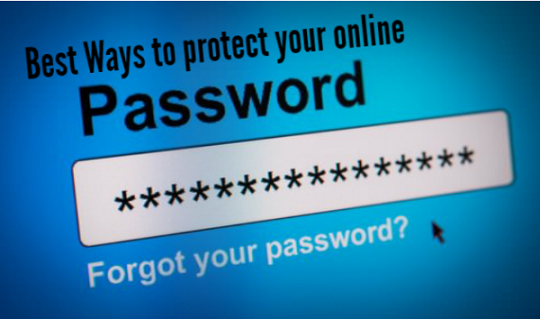Passwords are access to your account of any sort, but sometimes itself only poses a threat to your security. As per the 2016 Norton “Cybersecurity Insights Report”, among millennia’s, 58 percent still don’t use secure passwords.
Passwords are not free from intrigues, of course. Any decided hacker can go beyond them, just like a criminal can go beyond a locked door. But despite the repeated precaution notices from site owners, many people are still inviting hackers to open the door, without having a proper security measure to make passwords unlocked.
Securing password yourself isn’t hard, however, it requires a little effort. Here are five ways to strengthen your online security.
Don’t use a weak password
As shocking as it seems, people keep on using a password like 123456 which is easy to crack. Avoid simple patterns that are easily guessed when you are requested to create or update the password for a site. TeamsID and SplashData suggest you choose something that is 12characters or more, with letters, numbers and different symbols.
Use multifactor authentication
A growing number of online services that hover around sensitive information, for example, Gmail, online financial balances, WhatsApp, and other chat apps developed by mobile apps development companies in India, USA and many other countries, creates an extra step between entering the password and getting to your account. A numeric code sent by SMS or a phone call makes only you to enter into the account. It may take somewhat a longer time to enter the site, but it makes sure your account is secured from hacks.
Also, think about Biometrics…
Laptops, tablets and smartphones are increasingly giving you a chance to sign in with a unique fingerprint rather than a password. That is not just helpful in securing account but also makes you not troubled from forgetting the password. HSBC Company launched a touch security and voice recognition service for up to 15 million U.K customers who access their accounts through mobile phones.
Francesca McDonagh, the head of wealth management and retail banking for HSBC UK told the BBC “The launch of voice and touch ID makes it even quicker and easier for customers to access their bank account, using the most secure form of password technology — the body.”
Use a different password for every account
While it’s absolutely simple to use the same password on different sites, keep in mind that doing so can invite vulnerability to your account. Hackers can use that password to access other important accounts of yours. If you visit a large number of sites regularly and feel worried about remembering all passwords, the next tip will prove to be useful.
If it’s hard to remember all your passwords, try a password manager
A password manager is an essential tool to keep your passwords safer. Password managers monitor the different usernames and passwords you use on different sites, these are not only for safety but also save you time by automatically filling in the username/password fields. They also synchronizes your passwords across different devices.
Some free password manager apps are Dashlane, Password Box and Last Pass.
Don’t share your password with anyone
It is basic but very important. There are some people who share passwords with their relatives or close friends. Norton says, globally, 31 percent of millennia’s share their passwords with closed ones. Don’t be one of those people.
Always update your account and change your passwords for every three months.
Hi, myself Stewart working at FuGenX Technologies.
















































































































































































